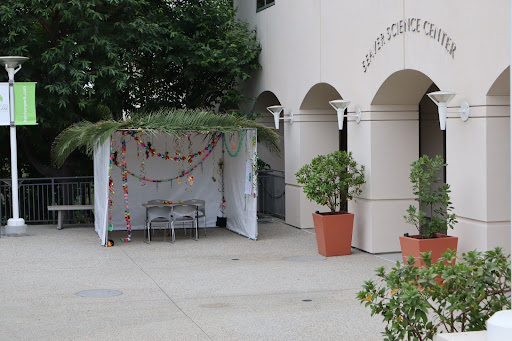A recent study conducted by Stanford University showed that Harvard-Westlake’s (HW) students, on average, are appreciating, but not enjoying the learning process. This data was collected through a series of surveys. Educators agree that while valuing school is indeed important, having a good time is possibly even more essential. A motivation to learn leads to a positive learning experience, more opportunities, and a higher intake of the knowledge available at a school like HW.
Head of school Rick Common’s presentation of the data in his annual “State of the School” address on Sept. 7, showed that while 92 percent of the student body value school, only 56.9 percent are actually liking it. Although these numbers are “are above average compared to other schools like ours,” Commons said, it is still concerning that nearly half of HW’s scholars are not looking forward to learning.
Commonly blamed reasons for these numbers are parent pressure, homework burden, and extracurriculars. Although statistics showed that these categories can indeed add stress and lower enjoyment, Stanford researchers said that one of the main culprits is time management. Middle and high school students reported that time management was the third or fourth highest reason of stress, the others being the college process, assessments, and workload.
When asked specifically about time management, multitasking was the most common issue by a landslide. Eating and music sidetrack over 50 percent of students according to the Stanford study, and social media disturbs about 35 percent. This poor management not only leads to extended and less focused work time, but a lack of sleep as well. Middle school students sleep on average 6-8.5 hours, and upper school students between five to seven hours. There is a clear correlation between multitasking and lack of sleep shown by this data, and both of those issues lead back to stress and lower enjoyment of school.
In response to the study, Commons announced that the school will “experiment with late start days and take a hard look at our schedule” as well as “decrease workload volume, and increase sleep without mitigating excellence.” Harvard-Westlake will attempt to adjust student stress, sleep, and workload levels by possibly introducing late start days, and changing a nine-period schedule to a four-period schedule. These rearrangements were briefly tested at the upper school in the first quarter and may be implemented within a few years. If these categories are successfully lowered, it is a common belief that the students’ enjoyment ratings during the day could be dramatically influenced.





